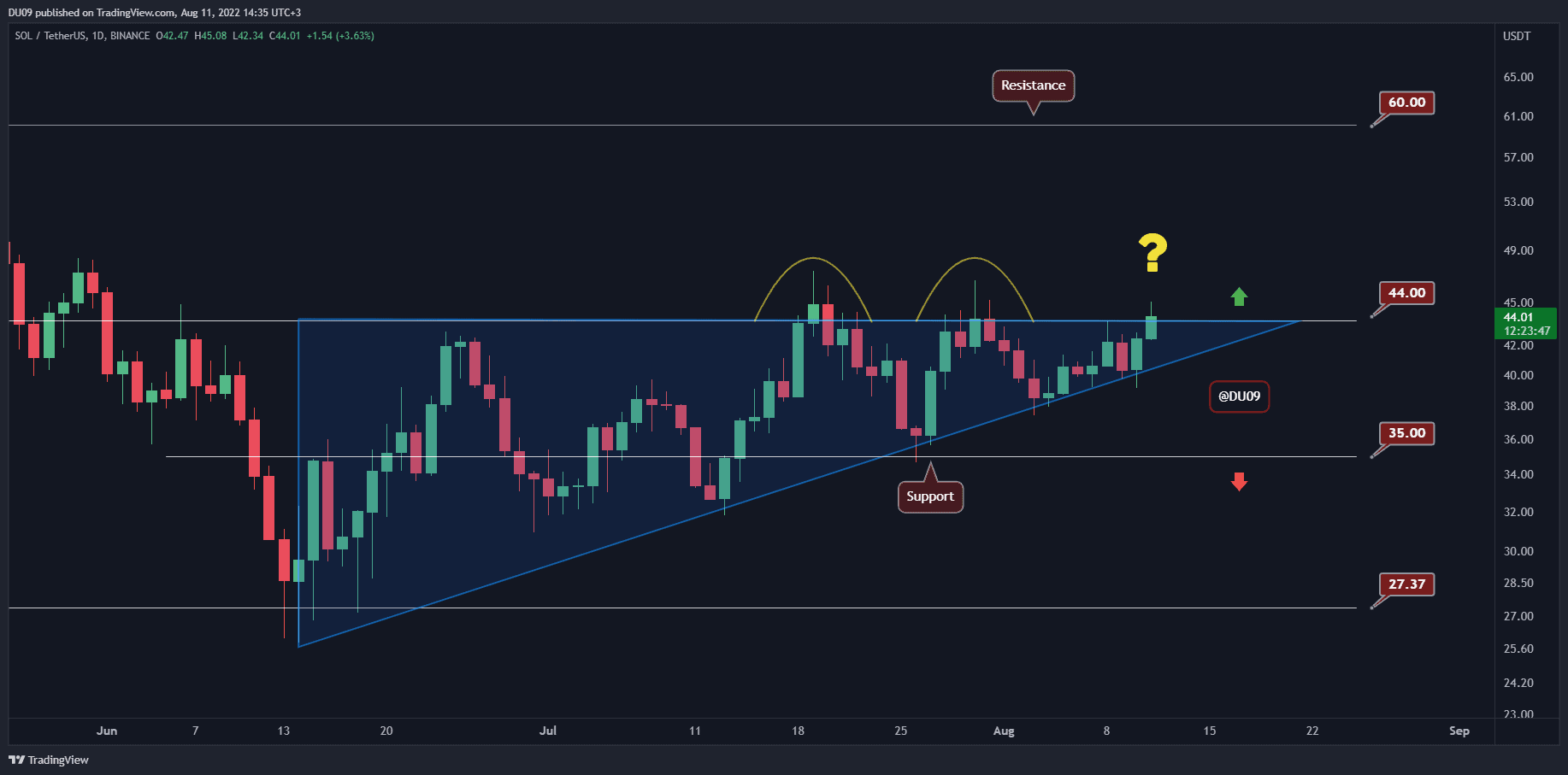Oxford Student Goes to Prison for Stealing $2.6M Via a Crypto Scam
Wybo Wiersma – a 40-year-old Dutchman who studied at Oxford’s St Cross College – will serve a 54-month prison sentence for stealing £2,156,000 (more than $2.6 million) using a cryptocurrency scheme.
UK detectives linked the scam to the man who used the pseudonym Norbert van den Berg in his malicious website and university coursework.
‘Greed and Dishonesty’ Behind the Scam
Judge Michael Gledhill KC ordered Wiersma to spend four and a half years in prison for his offense. The wrongdoer started his cryptocurrency fraud when he studied at the Internet Institute of St Cross College.
He set up a website under a false name, which generated “seeds” (passwords that users believed were not compromised). They were necessary to use MIOTA – a cryptocurrency with a current market capitalization of over $620 million.
However, a malicious code was attached to the “seeds,” which enabled Wiersma access to clients’ assets. He started stealing funds and transferred them into his accounts. Subsequently, the criminal converted the stolen MIOTA stash into Monero (XMR) using Bitfinex in January 2018.
The platform intercepted his dubious activities and froze his accounts, requesting proof of identification. Wiersma provided fake passports – one of a Belgian resident and another of an Australian man called “Jason.”
Bitfinex did not authorize those documents, which prompted the Dutchman to employ Binance’s services. The world’s leading crypto exchange quickly detected his plans, suspending his access to the accounts.
A number of affected investors reported their missing assets to the German police in 2018. The latter cooperated with their British colleagues and launched an investigation, eventually leading them to Wiersma’s home in Oxford.
The UK enforcement agents raided the place, saw his desktop computer opened, and tracked his activities in the past few years. When asked about the website, he did not provide information and returned briefly to the Netherlands.
Nonetheless, detectives continued working on the case and found that he used the pseudonym Norbert van den Berg in the seed-generating website and his university coursework. They also connected the nickname with a bitcoin payment.
The authorities arrested him on Christmas Eve 2020 in the Netherlands and sentenced him over two years later. Upon announcing the punishment, Judge Gledhill stated:
“You are an expert in IT and computer sciences… The fact of the matter is that you decided to abuse your skills in order to steal. This is dishonesty at the highest level. Why did you commit these offenses? Greed and dishonesty are the two words that readily come to mind.”
Crypto Schemes in the UK
Such fraud has been highly popular in the United Kingdom over the past several years, and the market decline in 2022 did not halt the activities of bad factors. In fact, crypto scams increased by a third between October 2021 and September 2022.
David Lindberg – Chief Executive Officer of retail banking at NatWest – previously warned investors that the UK is a “paradise” for fraudsters. He urged the British government, the police, banks, and social media operators to join forces and thus cope with the issue:
“Fraud and scams are an industry. They’re intelligent, and they move fast, and it’s heartbreaking to see how they try to destroy lives.”
The post Oxford Student Goes to Prison for Stealing $2.6M Via a Crypto Scam appeared first on CryptoPotato.









